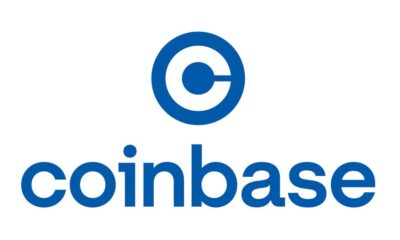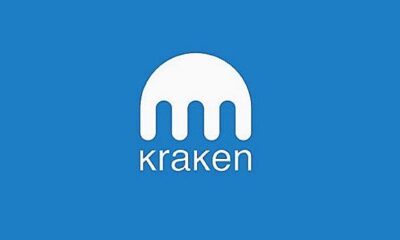Business
Israel launches digital shekel CBDC experiment
Israel is accelerating its efforts to develop a digital shekel, with the Bank of Israel announcing a significant push towards the creation of a central bank digital currency (CBDC). This move aims to modernize the country’s payment systems and enhance financial inclusion.
-

 Business4 days ago
Business4 days agoBitcoin mining stocks rocket 24% on macro climate, AI play: Analyst
-

 News3 days ago
News3 days agoFTX estate sues KuCoin to recover over $50M in assets
-

 Business3 days ago
Business3 days agoBhutan gov’t moves $66M of Bitcoin stash to Binance as price tops $71K
-

 Business4 days ago
Business4 days agoGemini crypto exchange receives preliminary approval in Singapore
-

 Business4 days ago
Business4 days agoApple rolls out Apple Intelligence, but fails to wow AI crowd
-

 Business4 days ago
Business4 days agoMeta is reportedly building its own AI-powered search engine
-

 Business4 days ago
Business4 days agoBitcoin hits $70K amid huge ETF inflow streak
-

 Business4 days ago
Business4 days agoCoinbase to sponsor NBA team in aftermath of FTX collapse































